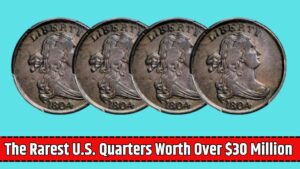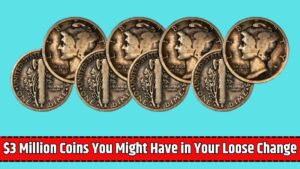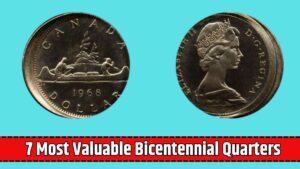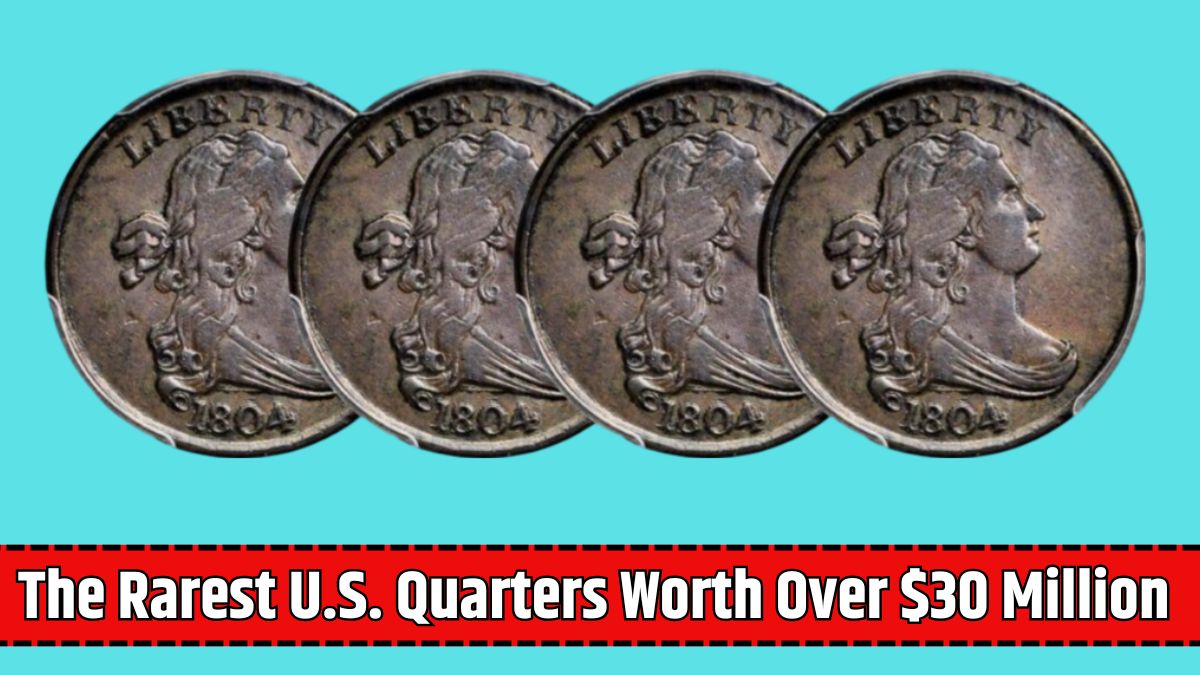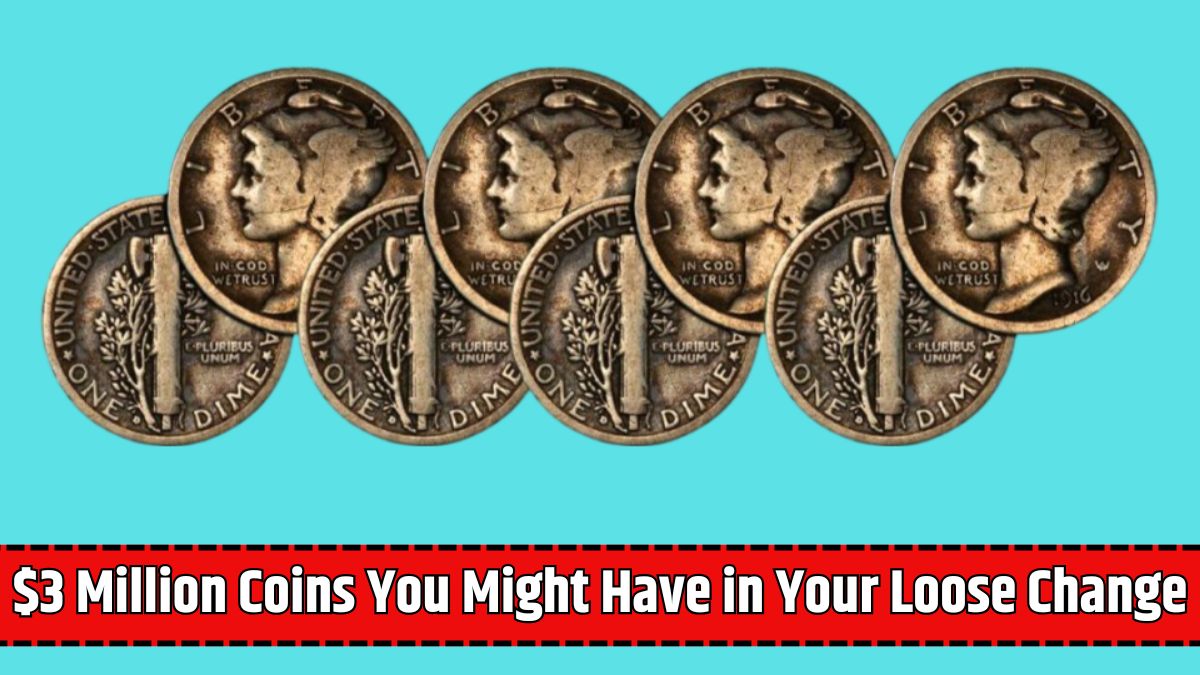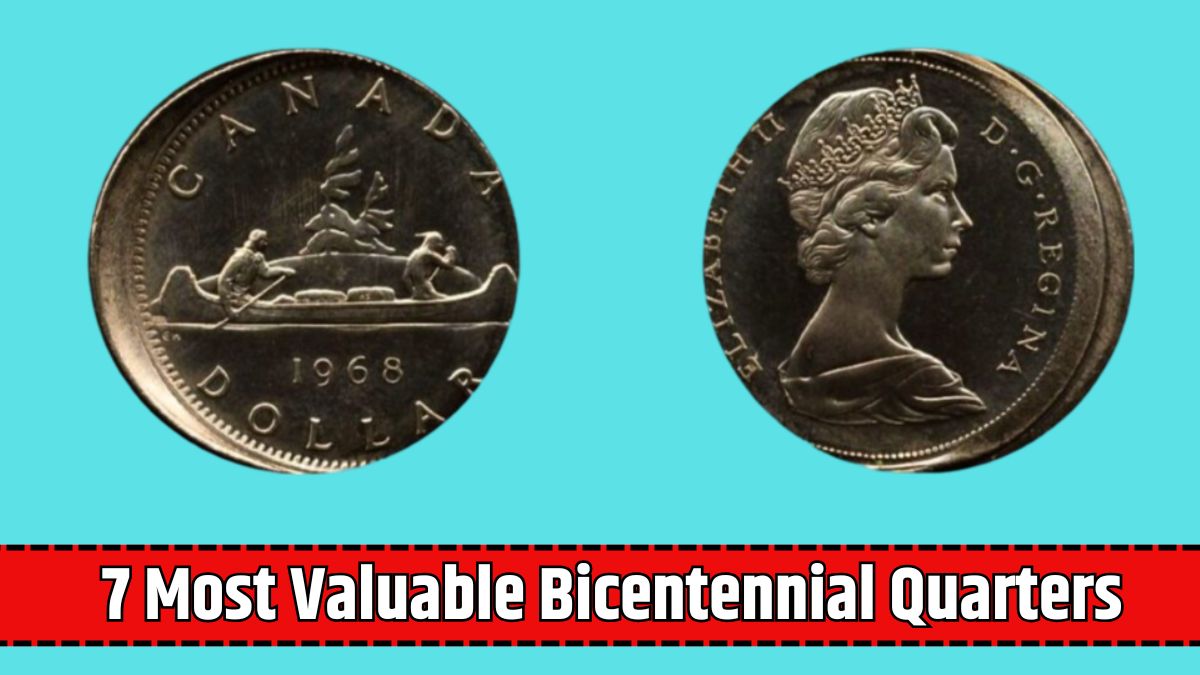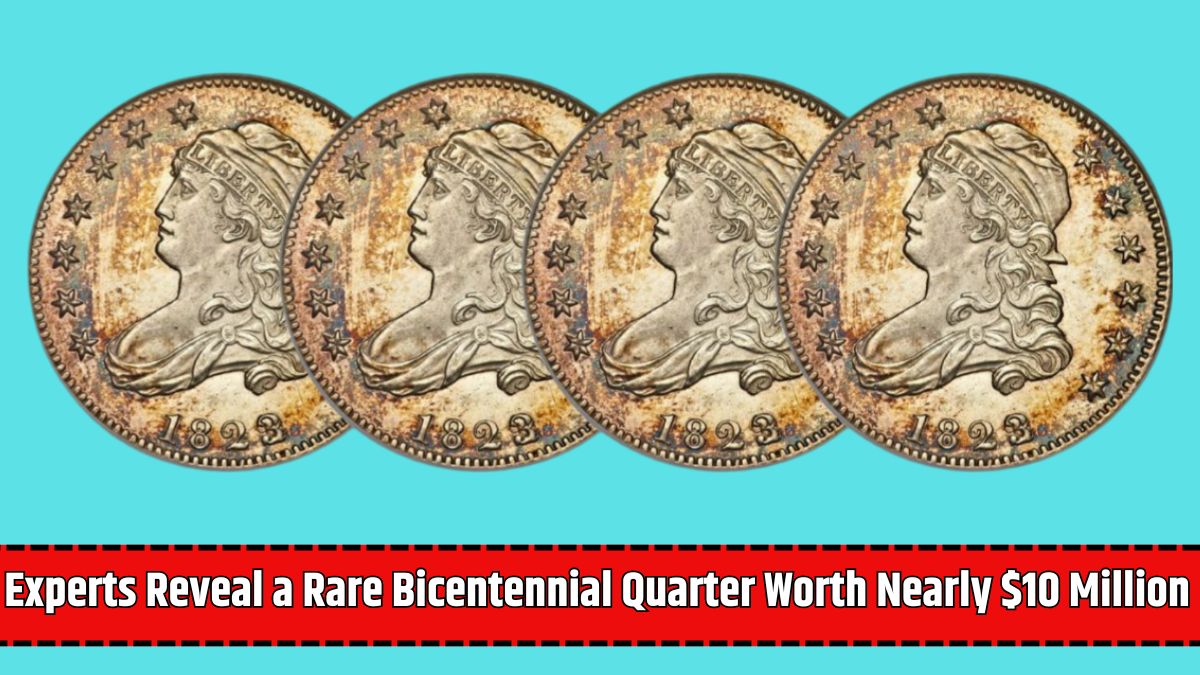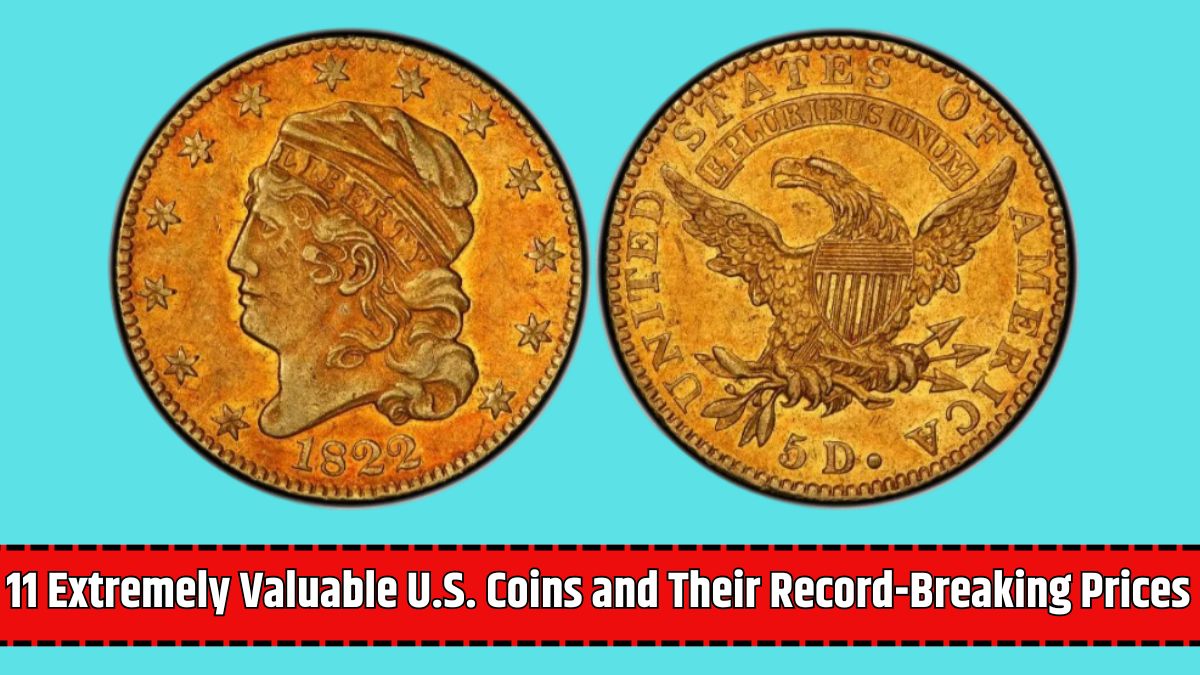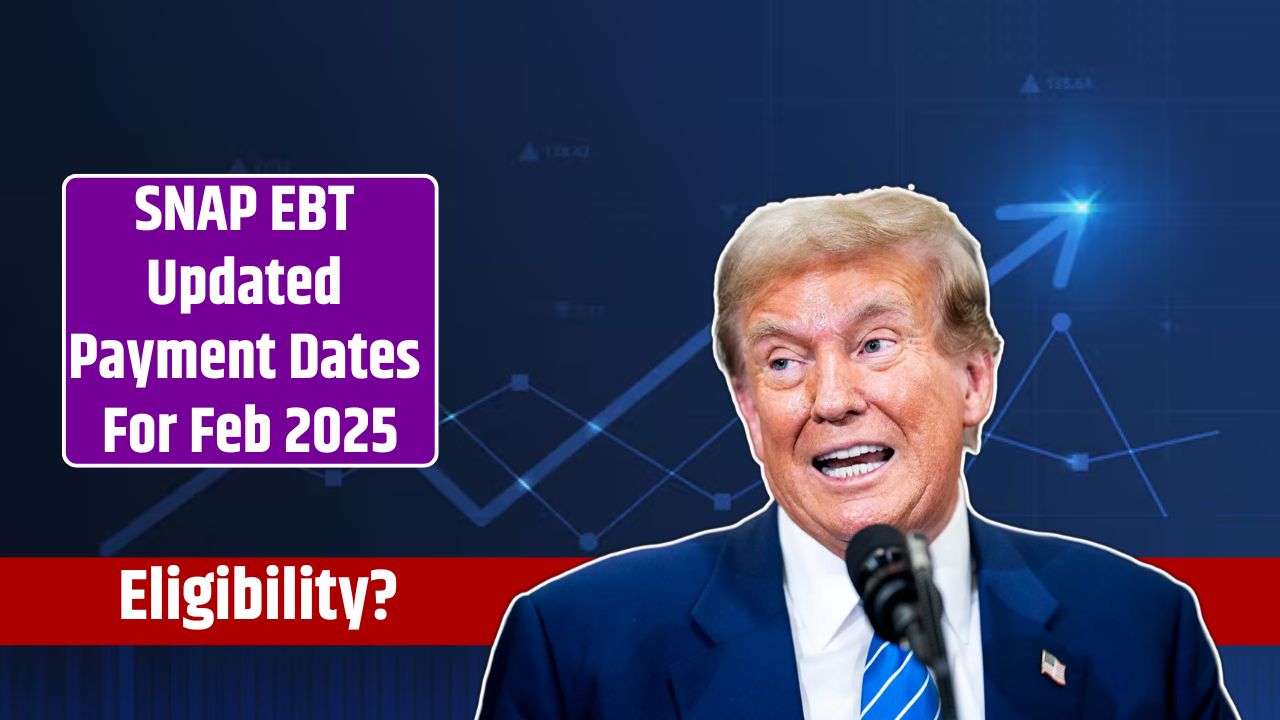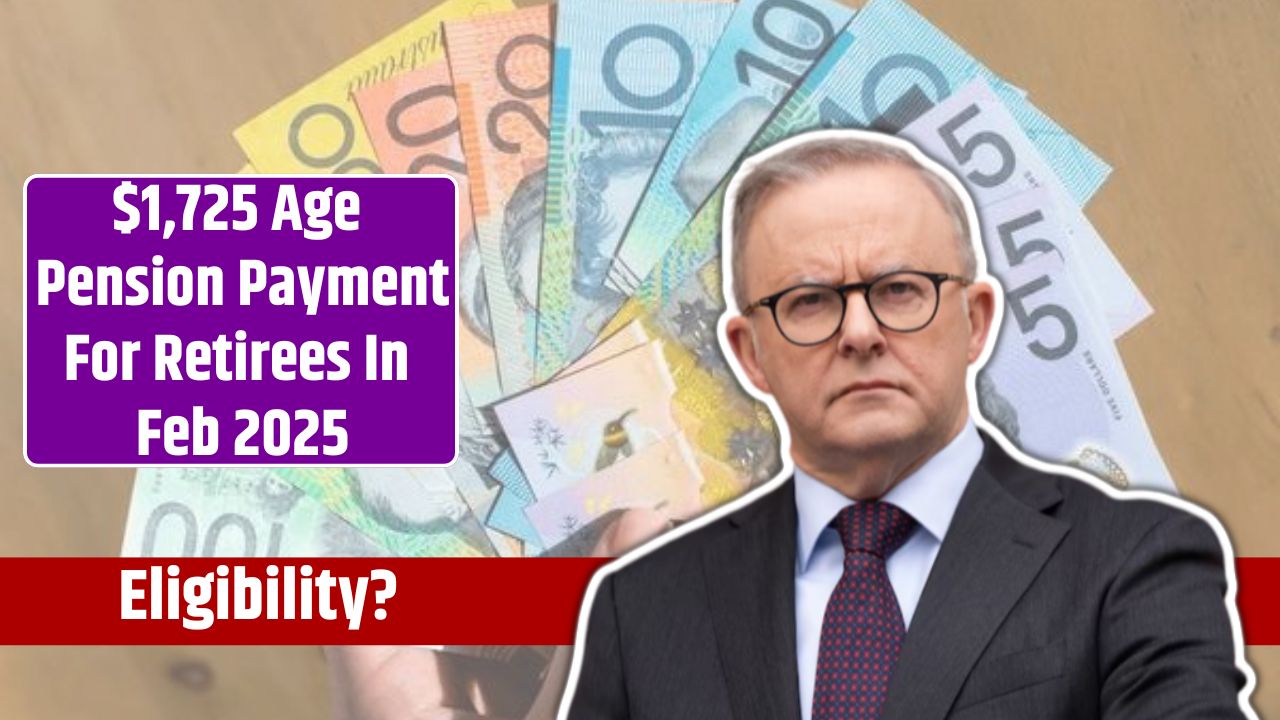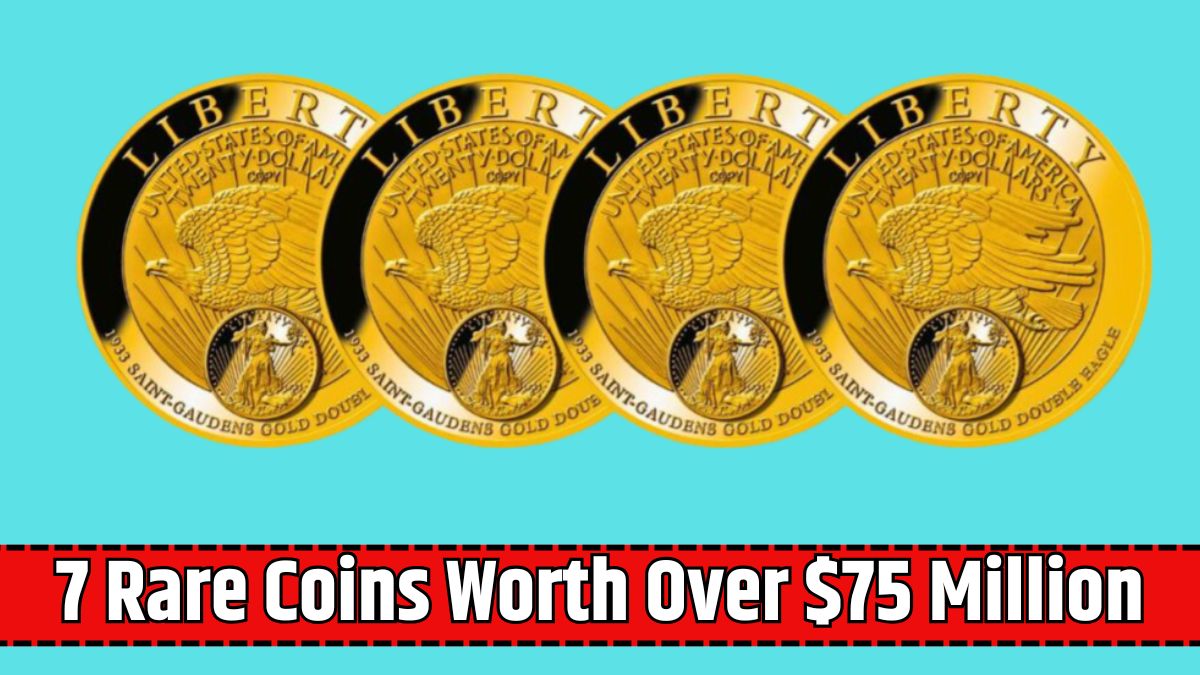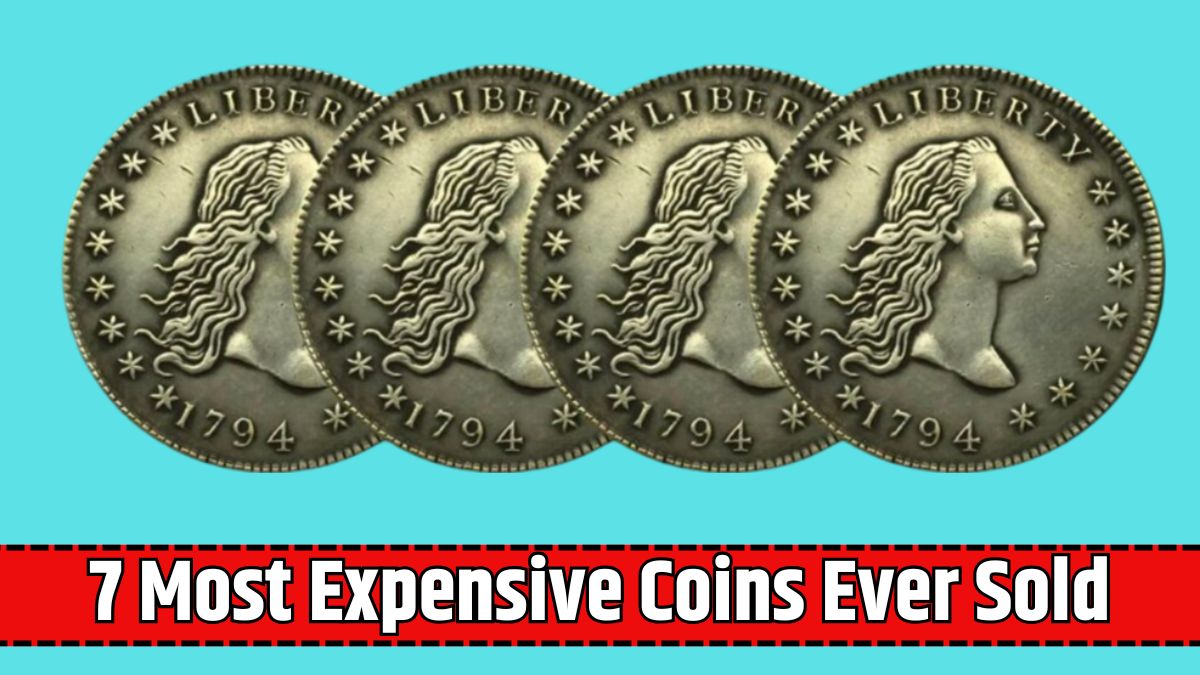If you enjoy collecting coins or simply like checking your spare change, you might want to take a closer look at your quarters. Among the many coins still in circulation today, there is a rare Bicentennial Quarter that could be worth millions—or even billions—of dollars.
While most quarters from 1976 are only worth their face value, some rare versions with minting errors or unique features have sold for staggering amounts.
Could you have one of these rare and valuable coins in your pocket? Let’s explore what makes the Bicentennial Quarter so special and how you can identify one that might be worth a fortune.
What Is the Bicentennial Quarter?
The Bicentennial Quarter was released in 1976 to celebrate America’s 200th anniversary of independence.
Instead of the usual eagle on the back, this special quarter features a Liberty Bell with the moon behind it, symbolizing both freedom and America’s progress in space exploration.
Here’s a quick look at its key details:
| Feature | Details |
|---|---|
| Minted Year | 1976 |
| Obverse (Front) | George Washington portrait |
| Reverse (Back) | Liberty Bell with the moon |
| Mint Marks | D (Denver), S (San Francisco), No Mark (Philadelphia) |
| Composition | Copper-nickel or 40% silver (special versions) |
| Potential Value | Up to $2.2 billion (in rare cases) |
Though billions of Bicentennial Quarters were made, only a few special versions have been identified as being extremely rare and valuable.
Why Is the Bicentennial Quarter Worth $2.2 Billion?
Most Bicentennial Quarters are only worth 25 cents, but certain rare versions have become legendary among coin collectors. Here are the main factors that can make one of these quarters worth an incredible amount:
1. Minting Errors
Coins with errors during the minting process are some of the most valuable. If a Bicentennial Quarter has:
- Double or triple strikes (where the design is printed multiple times)
- Misaligned prints (making the image appear off-center)
- Missing details due to a minting mistake
It could be worth thousands or even millions of dollars.
2. Special Edition Versions
Some Bicentennial Quarters were struck in 40% silver, making them much more valuable than regular copper-nickel versions. Special editions or prototype coins with unique markings or experimental designs are extremely rare and highly prized by collectors.
3. Coin Condition
The condition of a coin greatly affects its value. A Bicentennial Quarter in perfect or near-perfect condition (graded as MS-65 or higher) can be worth far more than a worn-out version. Coins with no scratches, stains, or wear are the most desirable.
4. Unique Provenance
Some collectors pay high prices for a coin with an interesting backstory. If a quarter was once owned by a famous person or was part of a special collection, its value could skyrocket.
How to Identify a Rare Bicentennial Quarter
Think you might have a rare Bicentennial Quarter? Here’s how to check:
Look for Minting Errors – Check for double images, misprints, or missing details. These errors can make a coin extremely valuable.
Check the Condition – A mint-condition quarter with no damage is much more valuable than a worn one.
Examine the Composition – If your Bicentennial Quarter is made of 40% silver, it will be shinier and slightly heavier than a regular quarter.
Find the Mintmark – Flip the coin over and check just below the Liberty Bell. A small D or S means it was made in Denver or San Francisco, which could increase its value.
If you suspect you have a rare Bicentennial Quarter, it’s a good idea to get it professionally appraised to confirm its value.
How to Sell a Rare Bicentennial Quarter
If you discover that your Bicentennial Quarter is valuable, you might want to sell it for the highest possible price. Here’s how:
1. Research the Market
Check auction results, coin dealers, and online marketplaces to see what similar quarters have sold for.
2. Get a Professional Appraisal
A certified coin grading service like PCGS or NGC can determine the exact grade and authenticity of your quarter.
3. Sell Through Reputable Dealers or Auctions
Rare coins often sell for higher prices at major auction houses that specialize in numismatics. You can also consider selling to a trusted coin dealer.
4. Preserve the Coin Properly
If you’re not ready to sell yet, store your quarter in a protective case to prevent scratches and keep it in a cool, dry place.
The Truth Behind the $2.2 Billion Valuation
While it’s true that rare Bicentennial Quarters can be worth millions, the idea that one is worth $2.2 billion is likely an exaggeration. No quarter has ever been sold for that amount, but some rare coins have fetched millions at auctions.
However, this high valuation highlights the potential worth of rare and historical coins. If you own a Bicentennial Quarter with minting errors, silver content, or unique characteristics, it could still be worth a life-changing amount of money.
Could You Have a Hidden Treasure?
The Bicentennial Quarter is a perfect example of how ordinary coins can become highly valuable over time.
While most of these quarters are worth just 25 cents, certain rare versions with errors, silver content, or unique features can sell for thousands or even millions of dollars.
If you have a Bicentennial Quarter, take a closer look. It might just be one of the rare and valuable ones that could make you a small fortune.
Always get your coin professionally appraised before selling to ensure you don’t miss out on a valuable opportunity.


